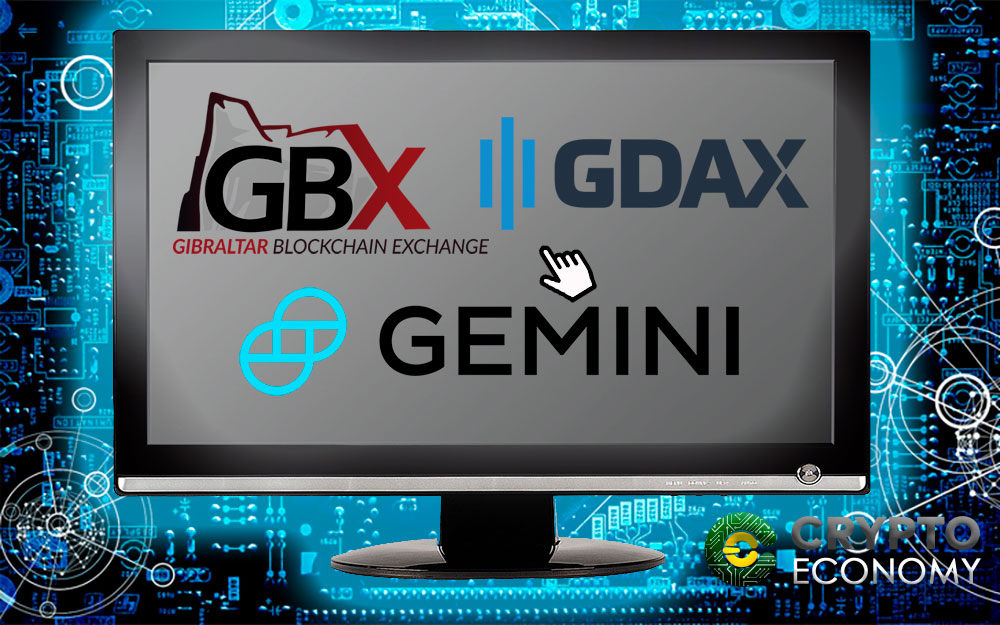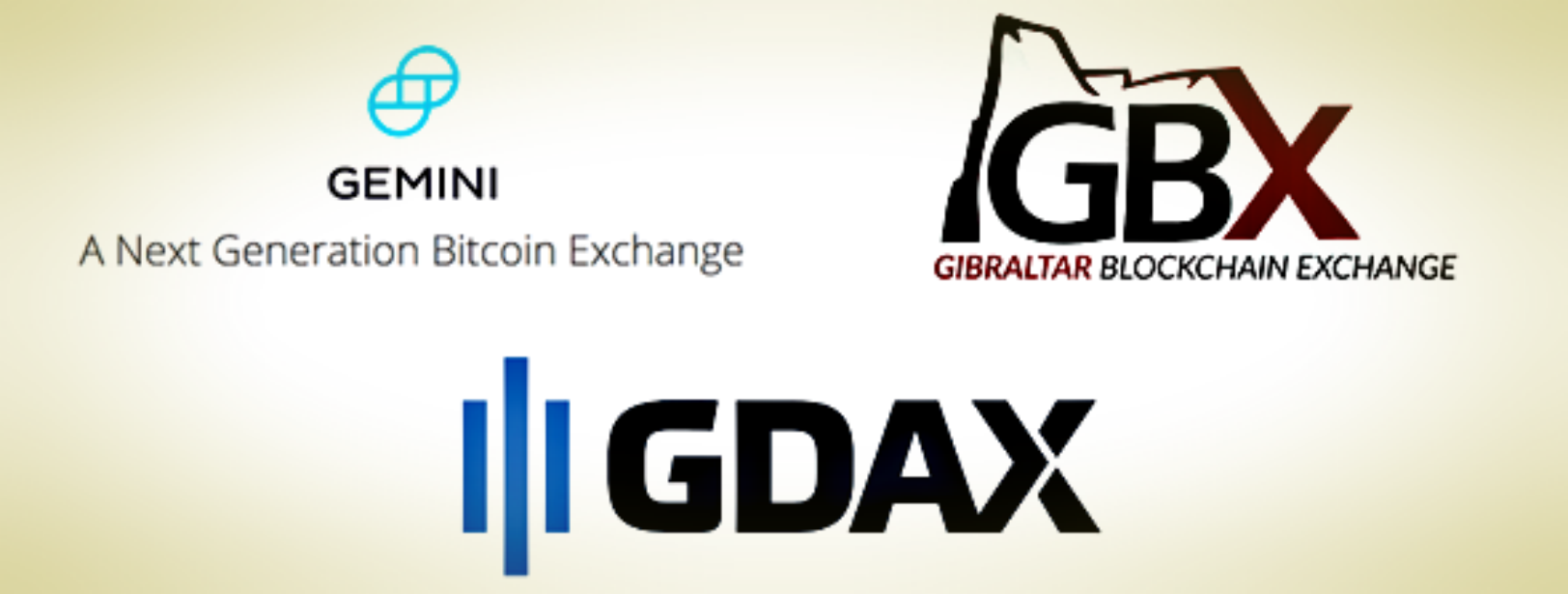If something keeps the cryptographic industry active, it is the activity of the exchangers. The cryptocurrency industry is currently supported by exchangers, which are supported because users, banks and financial entities look for exchangers with a good track record, liquidity and an easy cryptographic process.
The cryptographic activity also obtains a significant resonance in the flow of capital activity of the so-called institutional investors, who mobilize their capital through exchangers. This category of investors have a much higher checklist than the average person, since the latter explores the number of altcoins offered and the ease of exchange, while an investor explores options to place an investment in those that offer security, liquidity, development team and discounts on their transactions.
This is understandable for institutional investors, since exploring these options could give a difference of up to 100 million dollars in relation to a natural person.
For this reason, in this article we will review three exchanges of the most used in cryptocurrency transactions at the level of institutional investors.
1.- Global Digital Asset Exchange (GDAX)
This powerful exchange is owned by Coinbase and is funded by Silicon Valley. Since 2016, it has been among the most widely used exchanges for cryptocurrency negotiations in the world. Its parent company, Coinbase, manages virtual assets of more than 9 billion dollars, making it the most important cryptocurrency business in the world today. It is currently associated with Trading Technologies (TT).
The commission for transactions is 0.25%, a value that attracts many investors, but that does not excite much for being a centralized company, and that is a detail of the greatest importance in this business. Another point is that only 2% of investments remain in the market, leaving the other percentage in cold portfolios, which can be subject to piracy. Coupled with this, the cryptocurrency option is not very broad.
2.- Gibraltar Blockchain Exchange (GBX)
This exchange has a direct governmental connection, since it is subsidized by the Gibraltar stock exchange. Its objective is to become a platform chosen for ICOs. Users of this platform must comply with the AML / KYC controls and confers the possibility of having multi-signature portfolios. In addition, they offer the Token Rock (RKT), which is a digital currency with which the merchant pays less expensive fees, thus encouraging the activation of said exchange. It is known that soon will launch GSX Tokenized Securities Exchange, an independent subsidiary that will list security tokens exclusively.
3.- Gemini Exchange
It was created by the Winklevoss brothers in 2015. The exchanges are supported by institutional actors and offers different accounts for institutional investors.
The clients of this company have their money insured in FDIC (USA) insured up to 250 thousand dollars in case of hacks, but does not offer insurance with BTC or ETH. In addition, bank transfers are instantaneous.
The disadvantages are the centralized nature of Gemini, institutional investors can only make transactions of 10 thousand dollars per day and this does not work with countries like Europe, Japan, Australia, Russia and China.
In all cases, and this is a maximum security for all users and investors, operate with the exchanger with which they decide to operate at whatever level, it is always recommended that all cryptocurrencies be kept in personal hardware wallets and not be trust to a third party. Remember that cryptoactives are limited and their safety is a priority.




